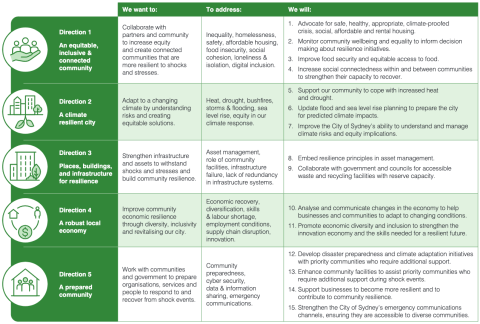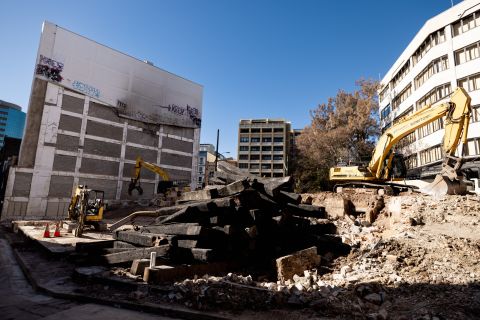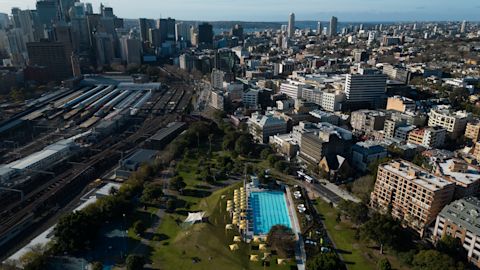We recognise the importance of building strong communities that can adapt and thrive during times of crisis.
We’ve developed a resilience strategy that will help us to identify, manage and respond to acute shocks and chronic stresses we may face in the future.
Now we need input on the challenges you expect to face, and feedback on your experiences dealing with long and short-term issues up to now.
If you’re a resident or local business, get your feedback in by 8 September 2023.
Why is our strategy important to boosting resilience?
As the impacts of a changing climate become more apparent, threats to our social and economic prosperity will increase.
In recent years our communities have faced many challenges but we’ve worked together to overcome them and support one another.
We‘re committed to building on this collective strength. Our strategy looks to better understand the vulnerabilities our communities may face now and in the future. We’ll work to build a strong foundation to set us all up to manage any shocks and stresses.
While we can prepare and manage some aspects, collaboration with other agencies is key to success. We’ll work with all levels of government, the business community, and residents to improve collective resilience.

“We continue to bounce back following the pandemic which impacted so many facets of our lives. Many residents have already told us there’s room to improve in preparing for such shocks, and we want them to be a big part of developing emergency planning to make sure we capture everyone’s needs.” Lord Mayor of Sydney, Clover Moore AO said
“As our climate changes, so too must our planning. We will continue this vital work building resilience to make sure we are in the best possible position to adapt and thrive when the time comes.”
So what is resilience?
Essentially, it is our ability to adapt and survive no matter what confronts us.
In urban areas like ours, resilience relates to environmental, social, and economic systems that support our communities.
Bolstering those systems helps us to bounce back from shocks and stresses.
These shocks often lead to a cascading impact where one challenge creates others. Anticipating these challenges helps build resilience.
So what is the difference between a shock and a chronic stress?

The fire in Surry Hills
This event in May was an example of a shock – an emergency event that hit without warning and left short and long-term challenges for communities and the agencies responsible.
Immediately after the first calls to triple zero, City of Sydney employees mobilised to support residents who had been forced from their homes. Other agencies, like NSW Police and Fire & Rescue NSW, lead efforts to ensure the area was safe.
Thankfully there were no serious injuries as a result of this shock but it highlights how one dramatic event playing out over just a few hours can lead to weeks of disruption for residents, and visitors, as agencies come together to rebuild infrastructure.
Other examples of shocks are pandemics, extreme weather, cyberattacks or civil unrest.

What is an example of a chronic stress?
By their nature chronic stresses are more enduring and erode the fabric of society.
Recently the City of Sydney, and indeed the whole country, has been dealing with the challenges associated with a lack of Affordable Housing.
The current cost of living crisis will exacerbate the problems faced by this chronic stress.
Among the goals of our strategy will be to advocate for more climate-proof Affordable and Social Housing. The City of Sydney isn’t ultimately responsible for providing this, but we do have levers we can pull to get the best outcomes for the community.
To date, we have collected $378 million in levies from developers which have been passed on to community housing providers to build Affordable Housing in perpetuity. This has resulted in 1,427 Affordable Housing units in our Local Government Area, with another 1,300 anticipated.
Other examples of chronic stresses include food and water shortages, domestic and family violence, increased demand on health services, and an ageing population.
When it comes to resilience, we work together. We’re in this together and will work with our communities to adapt and thrive.
Have your say
If you’re a local resident or business, check out the proposed strategy and get your feedback in before 8 September 2023.
Published 21 July 2023, updated 1 September 2023



